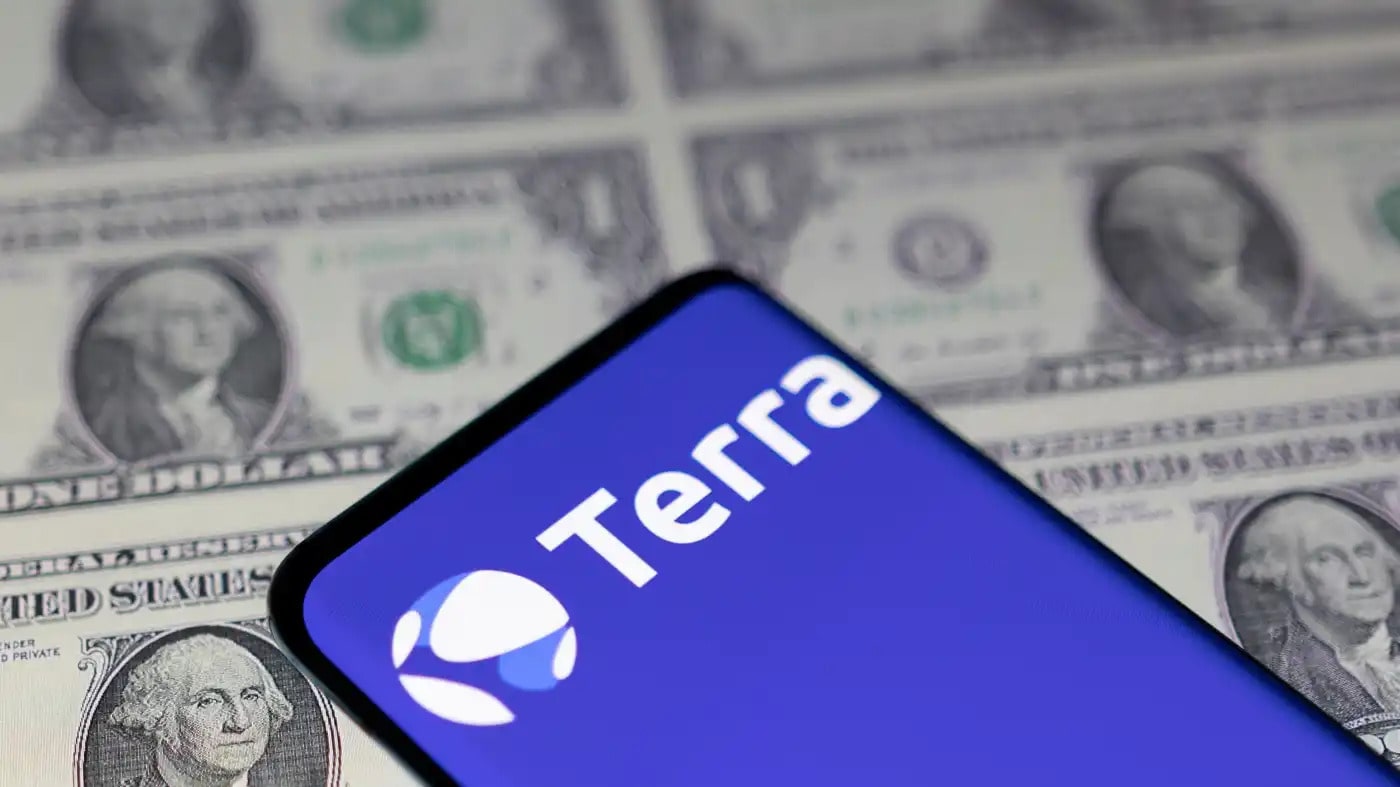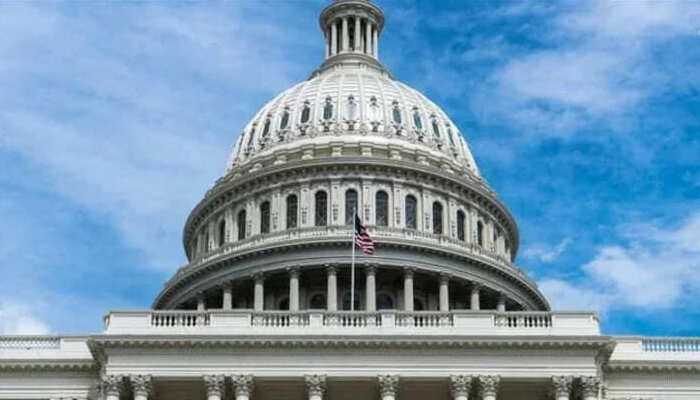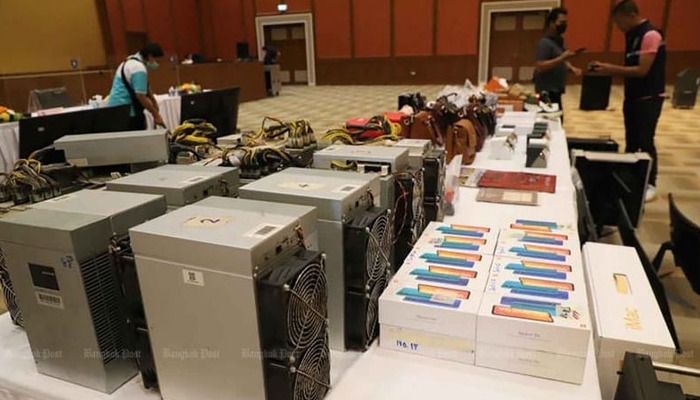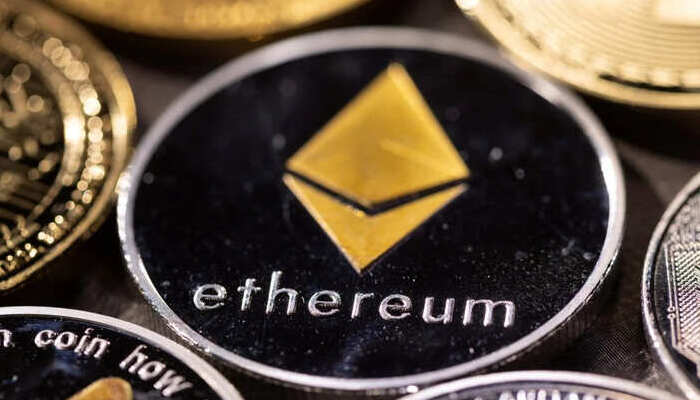
Terms of failed ‘stablecoins’ tell investors to seek redress in Singapore
Investors in the fallen cryptocurrency Luna, now known as Luna Classic, could be in for a difficult time making the so-called stablecoin’s founder, Do Kwon, accountable for their losses.
He is the target of legal action — also aimed at his company, Singapore-registered Terraform Labs — from a group of investors in his native South Korea.
In the U.S., a class-action complaint has been brought against Kwon, his company and his associates on behalf of people who purchased Terra’s digital tokens in May.
But a look at Terra’s terms of use, documented on its website, reveals stiff conditions that include not holding the company responsible for losses and settling potential arguments only in Singapore.
“Effectively it governs the Luna investors’ access to and use of the Terra website,” Shaun Leong, partner at Singapore law practice Withers KhattarWong, told Nikkei Asia. “It also governs the products and services provided by Terra.”
In May, Kwon’s TerraUSD Classic, also known as USTC, which had a market value of nearly $19 billion at its peak, and its sister token Luna, crashed spectacularly — highlighting the risks of betting on crypto assets from emerging blockchain projects led by outfits like Terraform Labs.
USTC was supposed to keep a value of $1 — its “stablecoin” proposition — but lost parity with the dollar and plunged along with Luna, bringing down other cryptocurrencies as well. The USTC traded at less than a penny during most of June. As of Wednesday, it was priced at a little less than a nickel.











